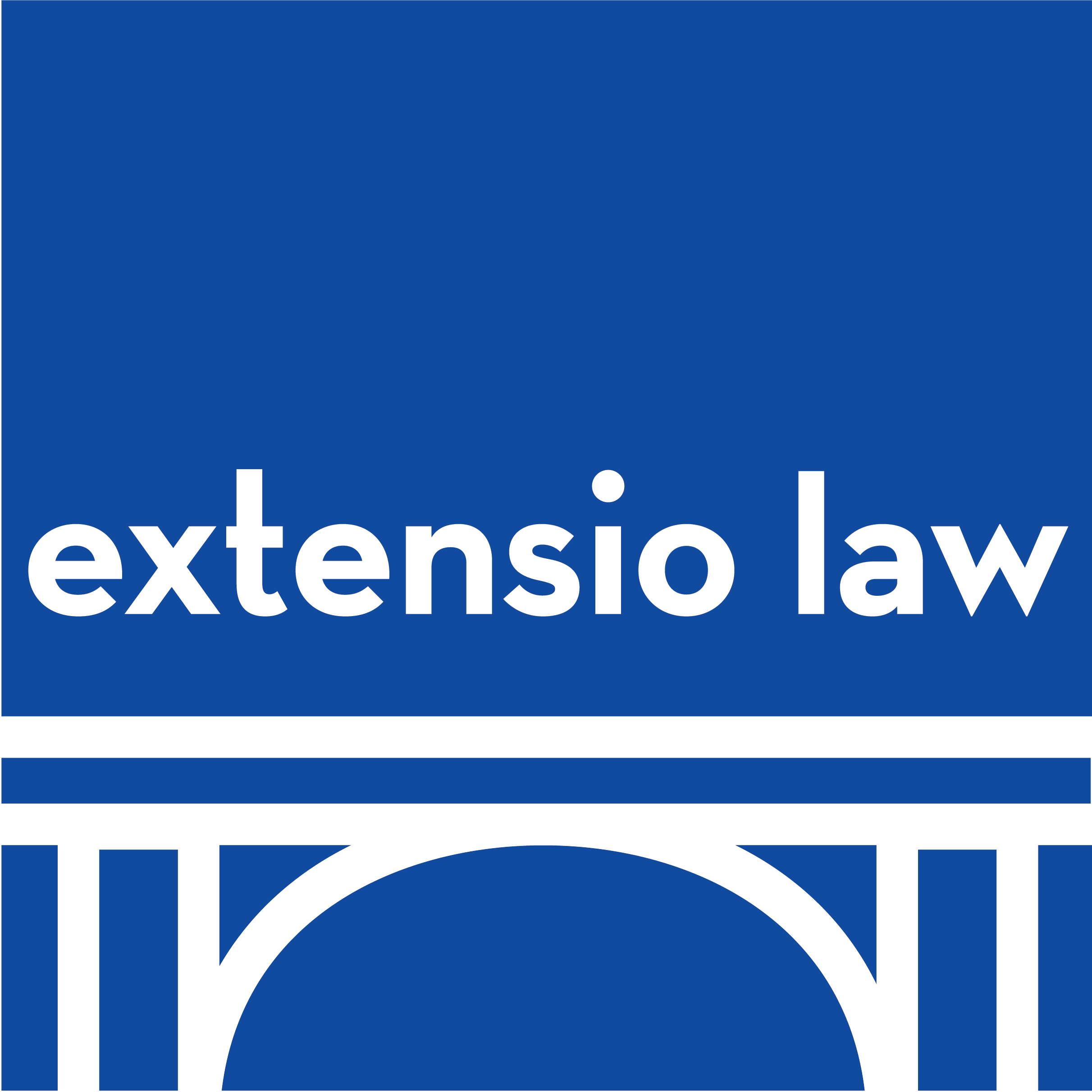“Say What You Mean and Mean What You Say”: NLRB Scrutinizes Overbroad Policies
On August 2, 2023, the National Relations Labor Board (NLRB) released a pivotal decision in Stericycle, Inc. and Teamsters Local 628, shifting the legal standards applicable to evaluating work policies. The case itself analyzed an employer policy that required employees to act “civilly and refrain from damaging the employer’s reputation”. The Board found that such a policy violated employee rights. This decision overruled the Board’s previous ruling in Boeing Co., 365 NLRB No. 154 (2017), later refined in LA Specialty Produce Co., 368 NLRB No. 93 (2019).
According to the NLRB in Stericycle, the Boeing standard permitted employers to adopt overbroad work rules that chilled employees’ exercise of rights under Section 7 of the National Labor Relations Act (“NLRA”). Section 7 of the NLRA guarantees employees "the right to self-organization, to form, join, or assist labor organizations, to bargain collectively through representatives of their own choosing, and to engage in other concerted activities for the purpose of collective bargaining or other mutual aid or protection," as well as the right "to refrain from any or all such activities." Under the standard set in Boeing, an employer was not required to narrowly tailor its work rules to promote its legitimate and substantial business interests without unnecessarily burdening employee rights.
Under Stericycle however, if a challenged rule has a reasonable tendency to chill employees from exercising their rights, then the rule will be deemed presumptively unlawful. The employer may rebut the presumption, however, by proving that:
· The rule advances a legitimate and substantial business interest; and
· The employer is unable to advance that interest with a more narrowly tailored rule.
If the employer proves its defense, then the work rule will be found lawful to maintain. Effectively, therefore, the NLRB will no longer consider the employer’s intent in adopting the rule or the intent in maintaining the rule.
WHAT NOW? This decision highlights the NLRB’s evolving commitment to lessening restrictions placed on employees. Employers should practice the golden rule of HR leadership: “mean you say and say what you mean.” Review your employee handbook and related workplace policies, and ensure that each one is reasonably tailored to advance the company’s legitimate, necessary business interests. Employers who are found to have unlawful rules may be ordered to have those removed or replaced.
It’s time to dust off the policies, give them a good scrub and ensure that they are necessary, narrowly tailored, and directly connected to advancing the interests of the business.
Contact us if you have questions.



